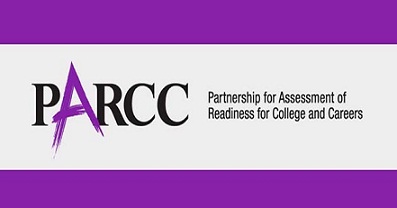
Parent-Teacher meetings are unfortunately underutilized in schools. As I have learned from fifteen years in education as both an administrator and classroom teacher, there is no better way to communicate a student’s strengths, weaknesses, and needs than face to face. Parents are our biggest allies as educators. Tapping into the resource that they represent is not always easy, or comfortable for that matter, but educators are nonetheless better served having had a chance to meet with their students’ guardians versus not knowing who is on the other side of a student’s life.
Educators are not trained, while in their teacher education programs, to have effective parent-teacher conferences. Mostly they learn this skill from a master teacher or trial by fire, so to speak. After hundreds of meetings with parents, I have synthesized seven effective strategies that will ensure you have a great conference, even if your guest parent or guardian comes ready to unload on you over a misunderstanding. Here they are:
- Anticipate what a parent or guardian will want to know. Review email communications, notes you may have made in a telephone log, concerns they may have voiced to other educators while you sat listening in a more involved meeting, such as those for special education students, etc. By thinking ahead of what a parent or guardian might want to know, you are minimizing the surprise and looking unprepared factor.
- Greet them when they come inside as if they are important people, and you are honored to have them visit you. Stand up from your desk, go to them, and shake their hands. Show them where they can sit. Have something fun to do for their small children, like coloring workbooks or picture books.
- Thank them for coming verbally, then give them the chance to speak first. As much as you have to say, and as limited as your time may be with your visitors, it is always better to allow the conversation to start with what’s on their mind, not yours. “Thank-you for coming, Mr./Mrs. Parent. Before I begin sharing what I have here, would you like to express any immediate concern or ask any question?” Listen attentively to anything they say after you cue them, and nod your head to signify that you are following them.
- Do not show student work, or anything done poorly to defend yourself or your teaching if you are being challenged from the get-go. Instead, explain to the guardian first that you’re sorry about how they feel, and state that all you desire is for their child to be successful in your class. Show and tell how you make your class student friendly, e.g., by posting class expectations, having an “absent” bin where students can go find work they missed the previous day, and how you offer extra credit or mastery learning opportunities for students as a means of lifting their grades. After you have checked this off mentally, you can then begin to tell the parent how their child has taken or not taken the chances you have given all students to pass your class with a C or better.
- Work samples are like pictures…they tell a thousand words. As hard as it is to believe, many parents never inspect or see their student’s work, meaning how they write, compute math problems, etc. Having work samples that range in excellence, from great to bad, will be better than you trying to explain with words where a student lies in the ability spectrum. Use these work samples to answer or address questions. They can be used, for example, to showcase where a student struggles, where their strengths can be found, and why your recommendations are logical.
- Gradebook summary. Showing a parent/guardian your grading categories and how their student is fairing is supplemental to what you have already presented or talked about. The summary should be in alignment with your previous comments. So be sure you have not overstated something or exaggerated. In other words, prepare the previous day by selecting work samples that match the grade book summary. A low percentage on tests and quizzes? Then you should have one or two tests where the student performed poorly but include mention of the type of questions they were able to successfully answer.
- Be honest, professionally. Many parents appreciate a character summary of their child. Yet, they don’t appreciate it when it turns into character assassination. Find ways to describe a student’s character using professional educational vernacular and be encouraging about their child’s future as much as possible.





